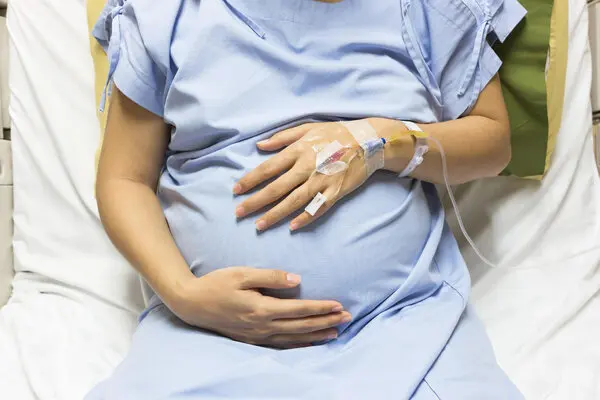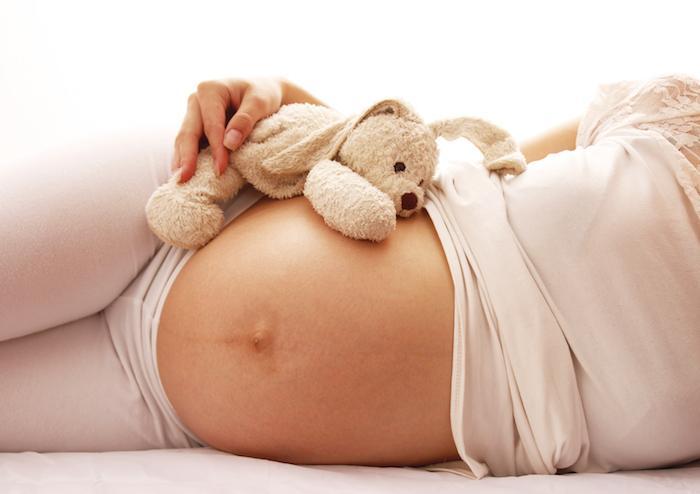Fertility specialists across Bengaluru are reporting a concerning trend: a sharp rise in young women—particularly in their 20s and early 30s—being diagnosed with low ovarian reserve, a condition traditionally associated with women nearing their 40s.
More women are visiting fertility clinics only to discover that their egg count is significantly lower than expected for their age, often without any prior symptoms. Doctors warn this shift could have serious implications for fertility planning and reproductive health.
“Every alternate patient aged between 20 to 30 years we now see has a low egg reserve,” said Dr Manjunath, Deputy Medical Director at Birla Fertility and IVF. “We see at least 40 such cases every month—this number has grown exponentially in the last two decades.”
What Is Ovarian Reserve?
Women are born with about 1 to 2 million eggs. By puberty, that number drops to 3–4 lakh. By age 30, it dips further to approximately 70,000—and from there, the decline accelerates. A low ovarian reserve means fewer viable eggs are available for conception, often with declining quality.

“Now, more young women are now facing egg depletion faster than expected, even when they’re years away from planning a pregnancy. While age remains the most significant factor, it is a mix of urban lifestyle choices, environmental exposure, and delayed family planning. The biological clock is set. We can’t reset or slow it,” said Dr. Manjunath.
Alarming Trends in Young Women
Dr Priyanka Das, consultant at Altius Hospital, attributes the trend to factors like stress, pollution, processed diets, and hormone-disrupting chemicals found in plastics and cosmetics.
“We see 10 to 15 cases a month in women as young as 25,” she noted. “The causes are likely multifactorial—urban lifestyle, environmental exposure, and increasing delays in family planning.”
How It’s Diagnosed
Key diagnostic tools include:
-
AMH (Anti-Müllerian Hormone): A healthy range is 2–4 ng/mL. Anything below 1 ng/mL is considered critically low.
-
Antral Follicle Count (AFC): A normal count is 6–10 follicles per ovary. A count between 2–5 indicates severely diminished reserve.
Dr Meghana Nyapathi, Cluster Head at Milann Fertility Hospital, added, “We now see 30 patients a month with AMH levels below 1 and low follicle counts. Around 30% of patients every month struggle with low ovarian reserve, making conception difficult.”

More Than Just Infertility
The condition isn’t just about difficulty in getting pregnant. Egg quality also declines, increasing the risk of miscarriage and chromosomal abnormalities.
Dr Manisha Singh of Fortis Hospital explained, “Only one egg ovulates each month—the rest are lost. Damage from smoking, surgeries, or conditions like endometriosis, which causes ovarian cysts, further reduces both egg quantity and quality.”
What Can Be Done?
Although poor ovarian reserve is generally not reversible, early detection and lifestyle changes can help. Doctors recommend:
-
Quit smoking
-
Limit alcohol intake
-
Follow a balanced, unprocessed diet
-
Maintain a healthy body weight
-
Manage stress effectively
-
Plan pregnancy before age 35, if possible
With awareness and timely action, young women can better plan their reproductive futures.
Note: This information was originally reported by The Times of India.




